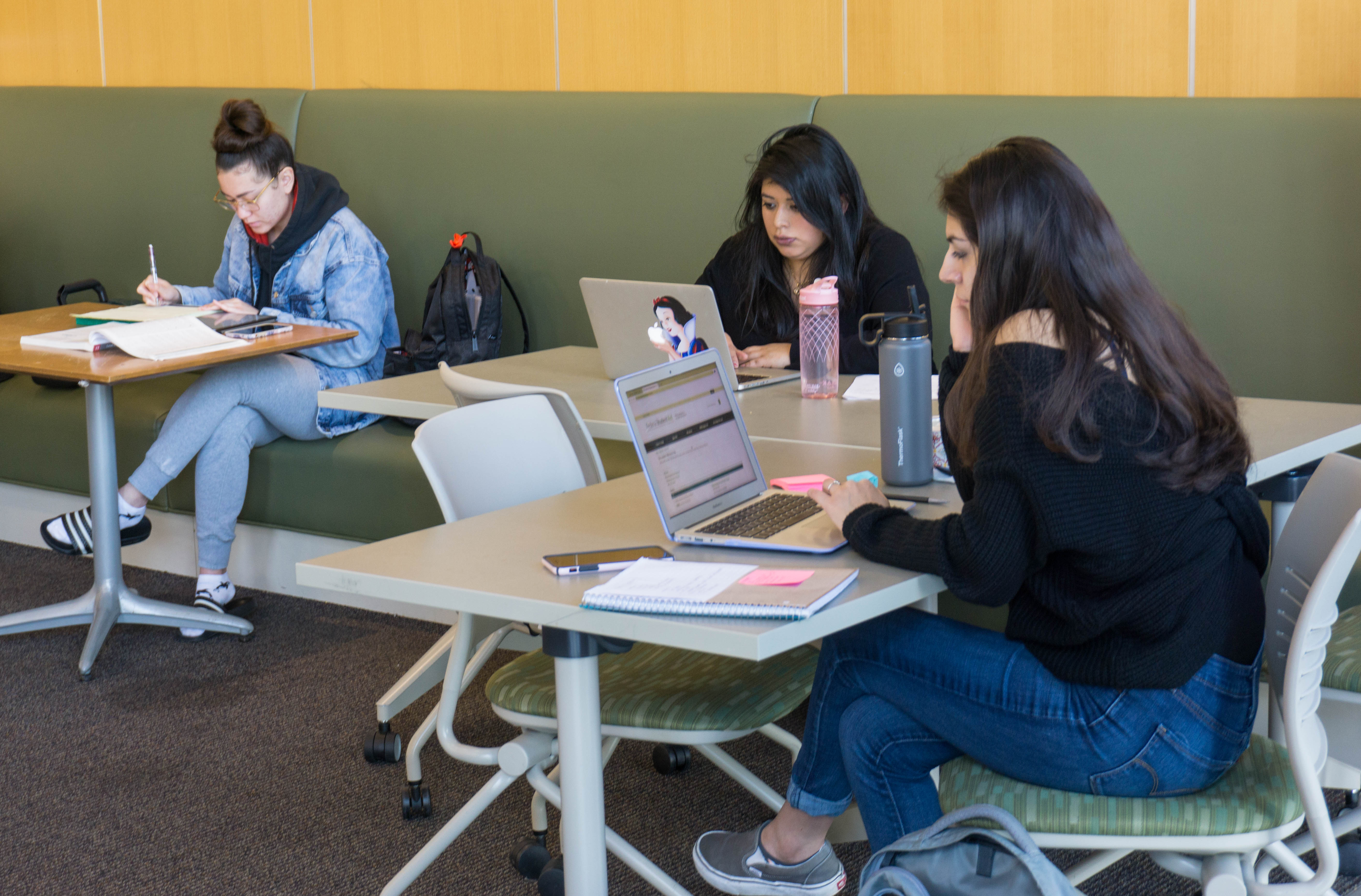SSU Academic Support Services
Academic Workshops at Sonoma State
Students are encouraged to enroll in academic workshops to support their success in challenging mathematics and computer science courses. These workshops emphasize group interaction, communication and deepened understanding of fundamental concepts.
Typically, academic workshops meet once a week for two to four hours. Students earn 1 to 2 credits for successful workshop participation. Currently, workshops are offered in MATH 107 Precalculus, MATH 161 Calculus I, MATH 211 Calculus II and CS 115 Programming I. Students enroll in these workshops using the standard course registration system.
Below are descriptions of the academic workshops:
| Title | Description | Units |
|---|---|---|
| CS 115W: Programming I Workshop | A workshop designed to be taken with CS 115. Exploration of programming concepts through problem solving in a group setting. | 1 |
| MATH 107W: PreCalculus Workshop | A workshop designed to be taken with MATH 107. Exploration of precalculus concepts through problem solving in a group setting. Credit/No Credit grading option only. | 2 |
| MATH 161W: Calculus I Workshop | A workshop designed to be taken with MATH 161. Exploration of first semester calculus concepts through problem solving in a group setting. Credit/No Credit grading option only. | 2 |
| MATH 211W: Calculus II Workshop | A workshop designed to be taken with MATH 211. Exploration of second semester calculus concepts through problem solving in a group setting. Credit/No Credit grading option only. | 2 |
| MATH 211SW: Calculus II-S Workshop | A workshop designed to be taken with MATH 211S (the first half of MATH 211W). Exploration of second semester calculus concepts through problem solving in a group setting. Credit/No Credit grading option only. | 1 |

